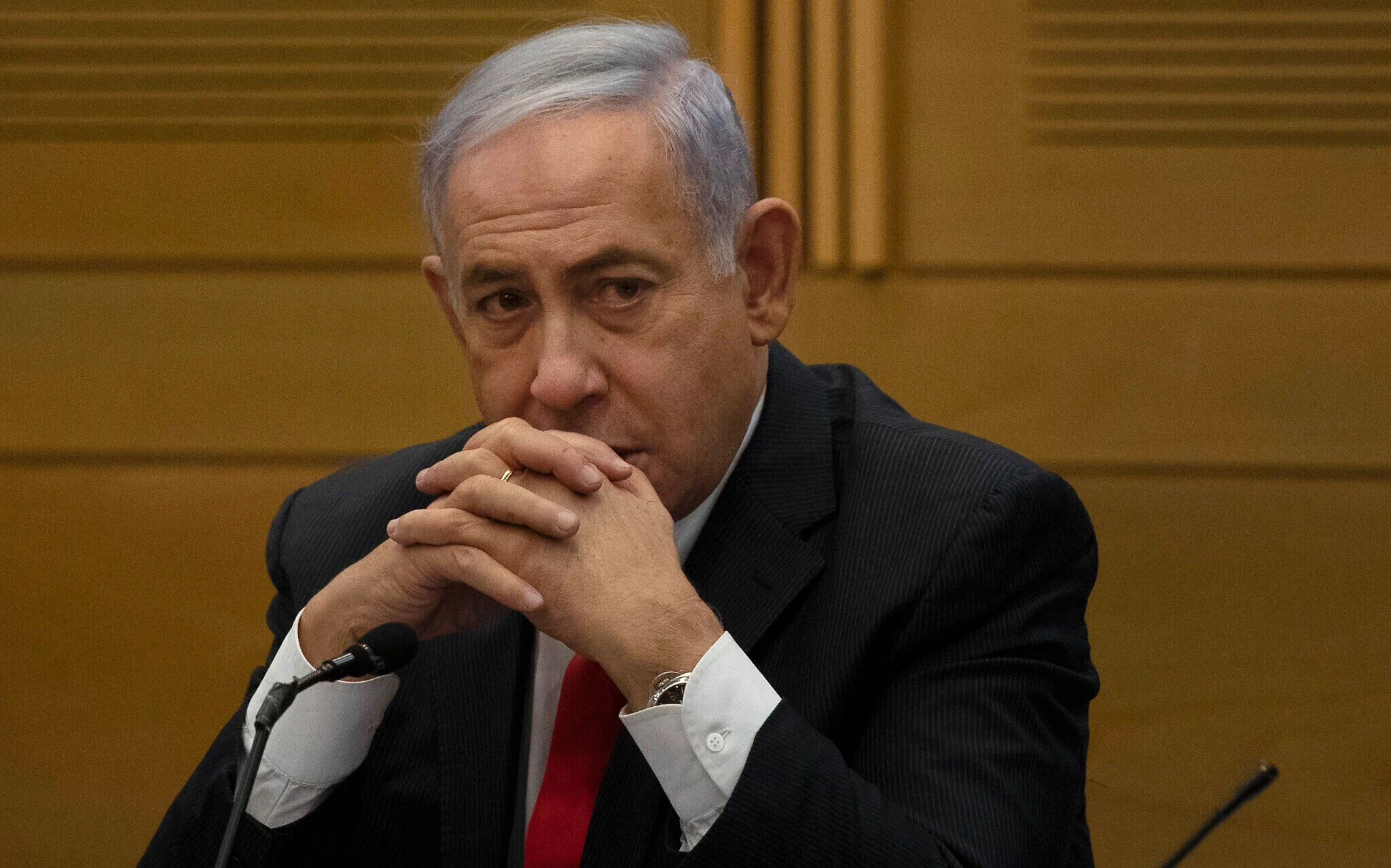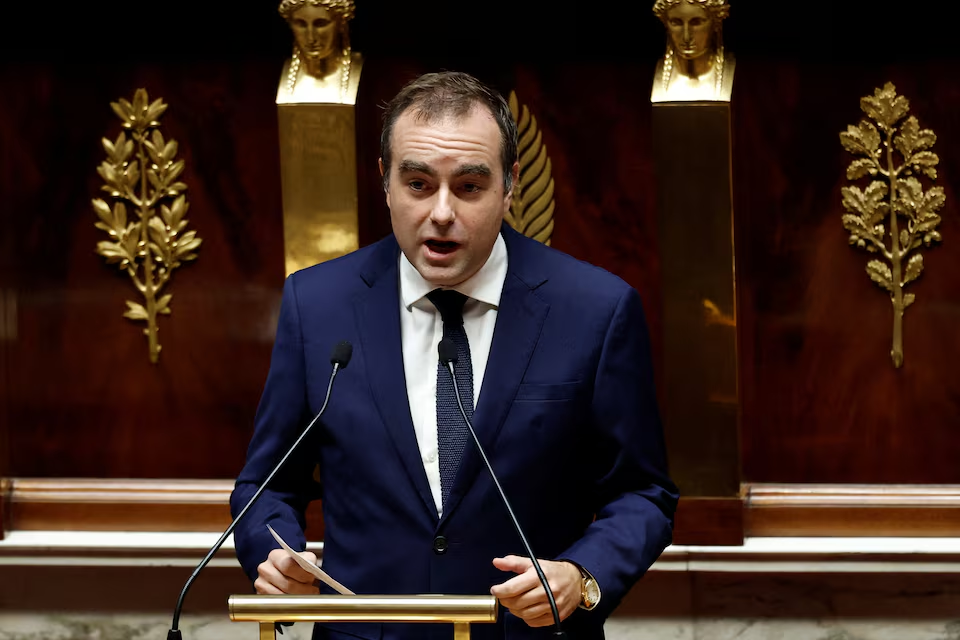Benjamin Netanyahu’s Politics Shrinking Under International Pressure Over Brutal Massacre and War Crimes Allegations in Gaza
International pressure is mounting over allegations of genocide and war crimes by Israeli military operations in the Gaza Strip, and at the center of this pressure is Prime Minister Benjamin Netanyahu
Benjamin Netanyahu’s Politics Shrinking Under International Pressure Over Brutal Massacre and War Crimes Allegations in Gaza
Benjamin Netanyahu’s Politics Shrinking Under International Pressure Over Brutal Massacre and War Crimes Allegations in Gaza
Washington, USA, June 11, 2025 — International pressure is mounting over allegations of genocide and war crimes by Israeli military operations in the Gaza Strip, and at the center of this pressure is Prime Minister Benjamin Netanyahu. The United Nations, European countries, and the Arab world have strongly criticized his government. Alongside this, Netanyahu’s position within the country’s political and military circles has become much weaker than before.
Investigations, Mass Protests, and Anti-War Voices
Since the Hamas attacks on October 7, 2023, the Israeli military response in Gaza has intensified the crisis of food, medical supplies, and security. Images of dead children, rubble, and humanitarian disaster have spread widely in global media.
Strong Criticism from Former Prime Ministers
Former Prime Ministers Ehud Barak and Ehud Olmert have publicly opposed Netanyahu’s strategy. Barak wrote in Time magazine that Netanyahu faces two paths — one is a ceasefire and prisoner release mediated by the U.S., and the other is a “war of deception driven by political self-interest.”
Meanwhile, Olmert told Haaretz, “Israel is now guilty of war crimes. This is now Netanyahu’s personal political war.”
Former General and political leader Yair Golan said, “A healthy state does not kill children or expel civilians.”
Public Opinion and Political Crisis
A survey by Israel’s Channel 12 showed that most citizens believe Netanyahu is more interested in preserving his own power than in releasing prisoners in Gaza.
Inside the country, religious and secular groups are clashing over military service, causing a rift in the coalition government. Following a Supreme Court order canceling exemptions from military service for ultra-Orthodox youth, the Shas and United Torah Judaism parties have threatened to leave the coalition.
Growing International Isolation
Countries including Saudi Arabia, Spain, Ireland, Norway, France, the UK, Canada, and New Zealand have taken a stance against Israel over the Gaza crisis. In May, Spain, Ireland, and Norway recognized the state of Palestine and called for action against Netanyahu’s government.
The UK, Australia, Canada, New Zealand, and Norway have imposed sanctions on extremist ministers Smotrich and Ben-Gvir.
Despite all criticism, former U.S. President Donald Trump’s political support remains Netanyahu’s primary strategic backing.
Corruption Cases and Legal Risks
Since 2019, multiple corruption cases have been ongoing against Netanyahu. If convicted, he could face up to 10 years in prison.
Is This the End of His Era?
Netanyahu’s political career has always been controversial, but this time the situation is different. Internal criticism, war fatigue, international isolation, and legal risks — he faces pressure on all four fronts simultaneously.
His former advisor, Michael Barak, told Al Jazeera,
“I’m not sure if Netanyahu will be able to return this time… it seems his magic tricks are over.”










